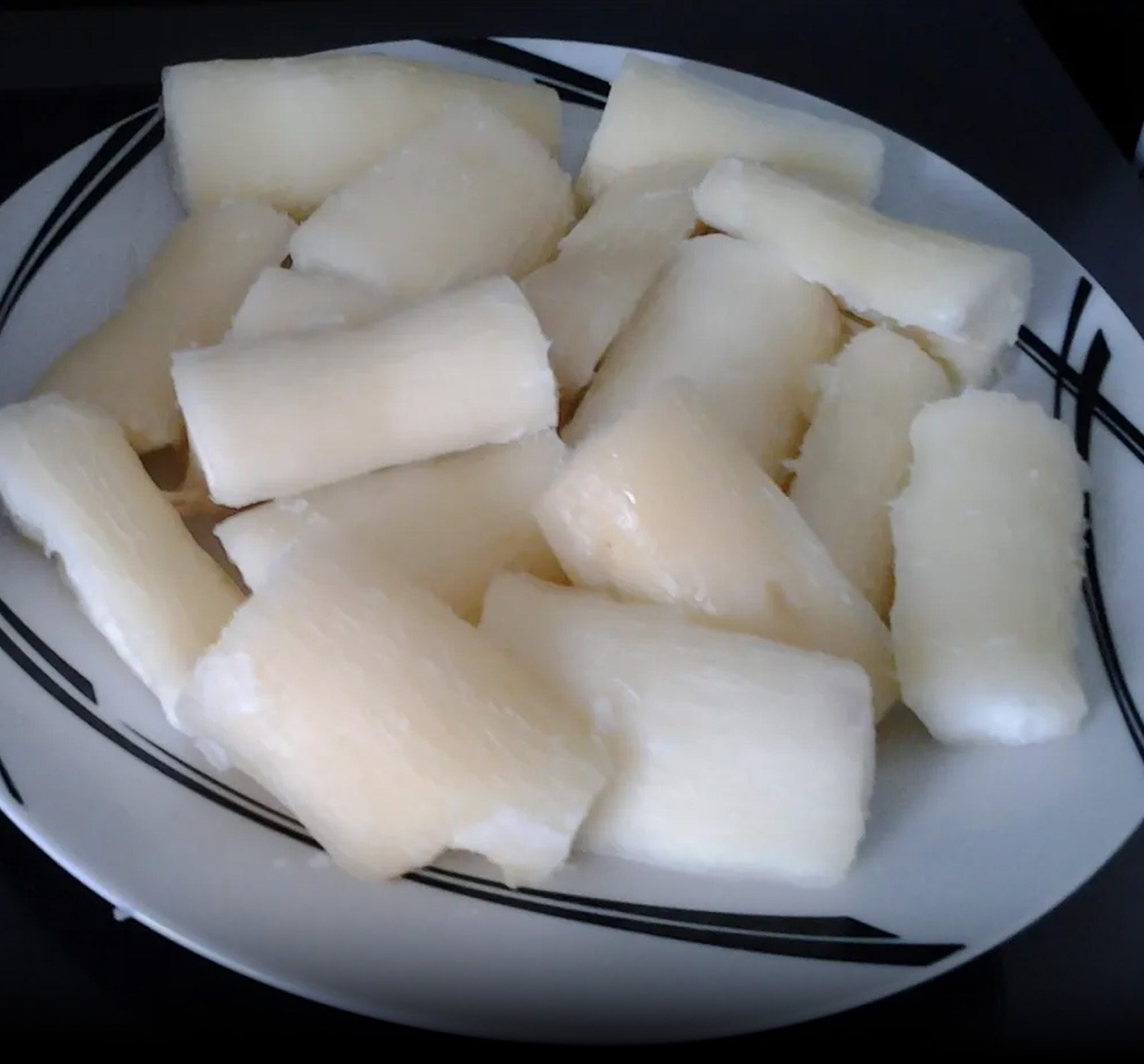It’s an ingredient found in many cuisines around the world, prized for its soft texture, versatility, and subtle flavor. Yet, beneath its seemingly harmless appearance, cassava hides a lesser-known—and potentially concerning—side. What if one of the world’s most consumed foods was also one of the riskiest if improperly prepared?
An everyday food… but handle with care
Cassava, also known as sweet or bitter cassava, is a tropical root that has been cultivated for centuries, particularly in South America, Africa, and Asia. Nearly 500 million people consume it daily, in the form of puree, fries, pancakes, or even flour.
But be careful: cassava, especially its so-called “bitter” variety, naturally contains compounds called cyanogenic glucosides. Put like that, it sounds very technical… and it is, a little. But just remember this: these substances, if not eliminated, can produce cyanide. Yes, that well-known poison, often mentioned in detective novels or spy movies.
Read more on the next page >>
ADVERTISEMENT

